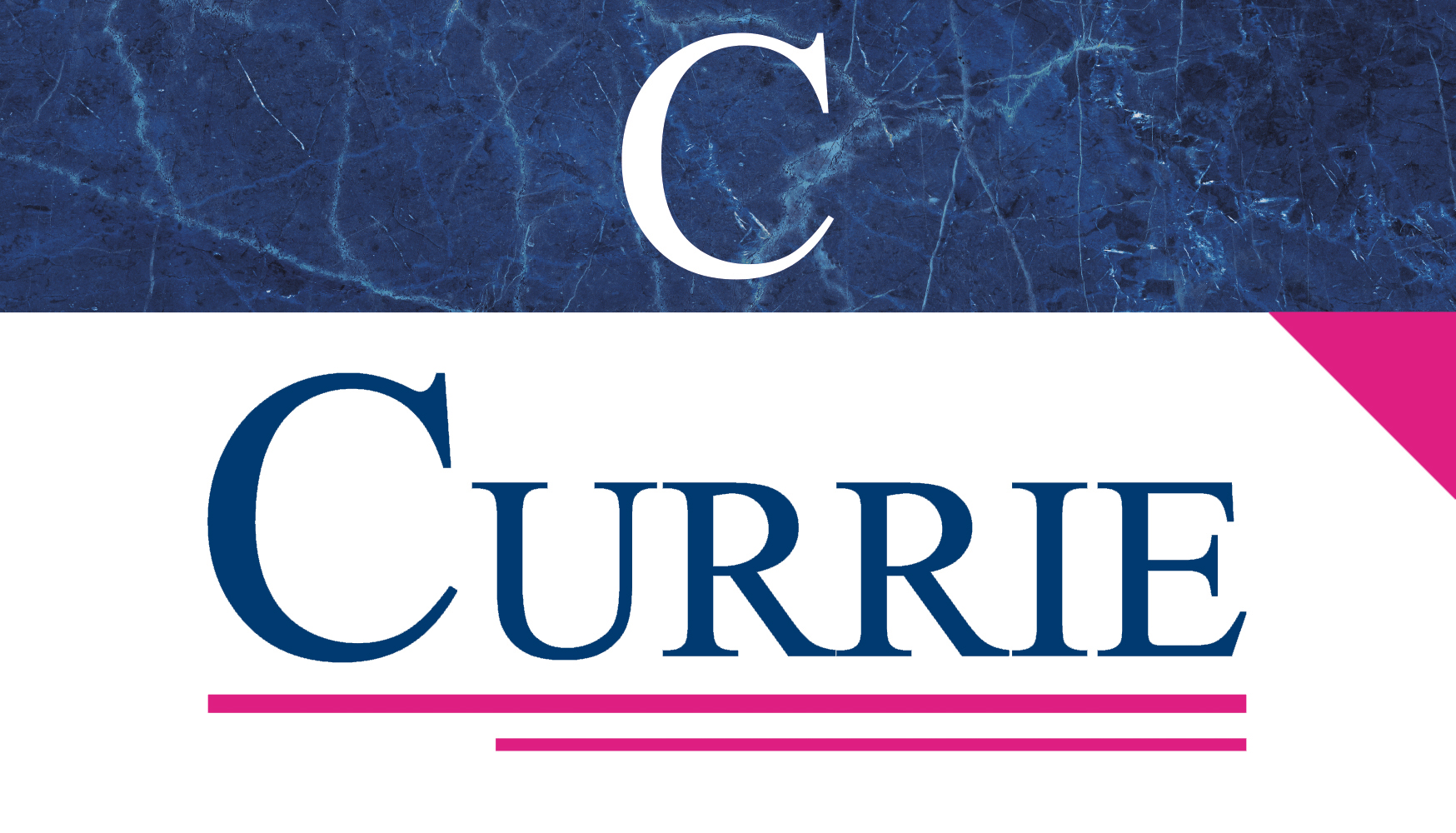Written by: Robin Currie

This piece was written as a stream of consciousness and is part of a larger work. Although my intention was to keep this among my personal writings, I decided to share a portion with my distribution clients. Perhaps it’s because of Halloween, or today’s new moon.
In this world is a multitude of leaders, collectively possessing infinite philosophies about their paradigm. All is built on perspective, which is formed in us, perhaps, even before birth. This same perspective is molded throughout childhood and into adulthood. As we mature, we must decide what type of leader we wish to personify. And, in many cases, we have the power to choose our leaders.
These same principles apply in our personal lives, religious circles, sports, politics, and in the business arena. Now the question is: do we wish to be, or to choose, leaders that categorize people: —good humans/bad humans; worthy or unworthy, rich, poor, lazy, ambitious, better, lesser, or illegal. My distribution clients may argue that is exactly what we do when we commit to a customer segmentation process and consider the “A” customers as preferred over the “D” customers. This way of thinking is an exercise to identify opportunity. The segmentation process has traditionally been a way for Currie to focus the sales team and manage their calls appropriately.
But all of this segmentation is completed with the goal of determining how to properly allocate resources—limited resources.
Belief that resources are limited becomes, what is referred to in esoteric discussions, as limiting beliefs. Therefor the critical transition is to shift from a lack mindset, to one of abundance. What if resources were unlimited? What if opportunity was to be found everywhere, or at least in unlikely places? Could there be a different world for us if we consider a different perspective?
What if, in fact, holding a vision of abundance and opportunity is a critical quality of today’s leaders? Humans that hold limiting beliefs, or a mentality of lack, actually experience the finite. In our quest for the limitless, we seek. What if the belief that we can’t compete on foreign manufacturing is a self-defeating, limiting belief?
As humans, some seek that which we desire or need—connection, enlightenment, success, resources. Others search because it fulfills a thirst for gnosis. What if those elements that we seek are there, waiting to be discovered, veiled behind our own, self-imposed distortion of lack? This knowledge would negate the seeking for both the resources and the gnosis. We would have it all!
Truth. In the weeks leading up to Dad’s surgery, we had engaged in one of our typical, long term philosophical discussions. The topic was truth. Dad insisted that truth is absolute, there is one truth and our journey here in this life is seeking and understanding that truth. My argument was that all is true, thus all things represent truth. This was a rare occasion that we were of differing opinions. Shortly after Dads surgery, after he regained consciousness, we continued. From his hospital bed, he still contended that truth is absolute. I posited once again, that all things are true. He died some weeks later, marking a point in the conversation between us, that as yet has no resolution and may have no end.
Recently I presented to a group on the subject of entrepreneurship. One characteristic of an entrepreneur is the ability to discover creative sources of funding. This is in keeping with the prosperity mindset. The abundance mindset for leaders, according to Currie, is one where we explore the what ifs— opportunity is ever-present, and there are resources enough to enable us to provide for all of our employees, our customers, family, and community.
The true Prosperity Leader operates in a paradigm without scarcity or limitations. These beings perceive abundance, prosperity, gnosis, and all of the other treasures that we seek in this world- both the esoteric and those consisting of form and matter. There is more. There are unlimited resources. All is available, just beyond the mists of our own doubts. Some may argue that Prosperity Leaders are not grounded in reality. I argue that reality is not only subjective, but malleable, ever-changing, and within the creative grasp of those who perceive it. In this cycle, where is Truth? Is it there, where imagination must become fact, or is it also fluid, changeable, and discrete depending on the perceiver?
That question is for each of us to find the answer. Now, we must decide who we are as a leader and who are the leaders we want. My choice is to lead and to choose leaders who embody Prosperity and Truth.
